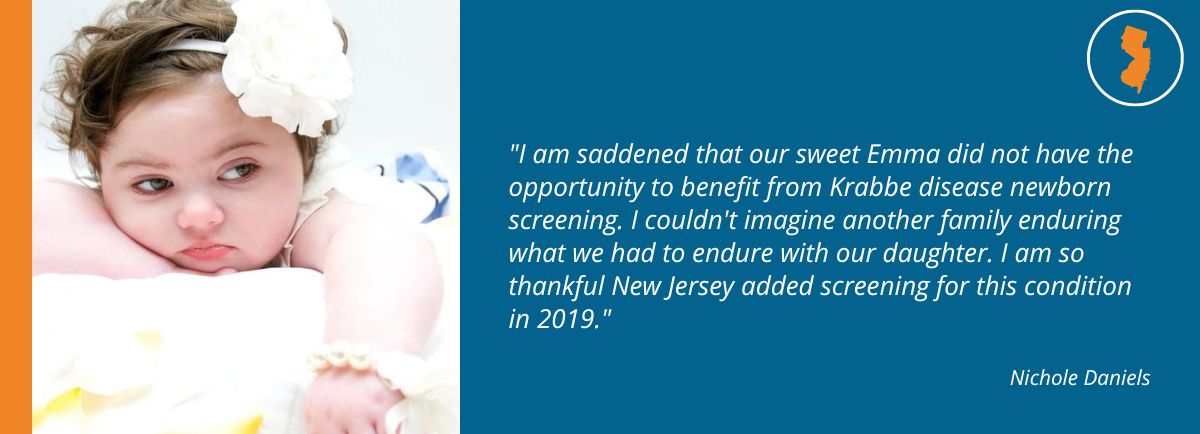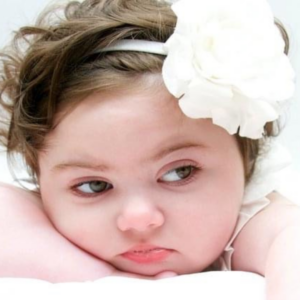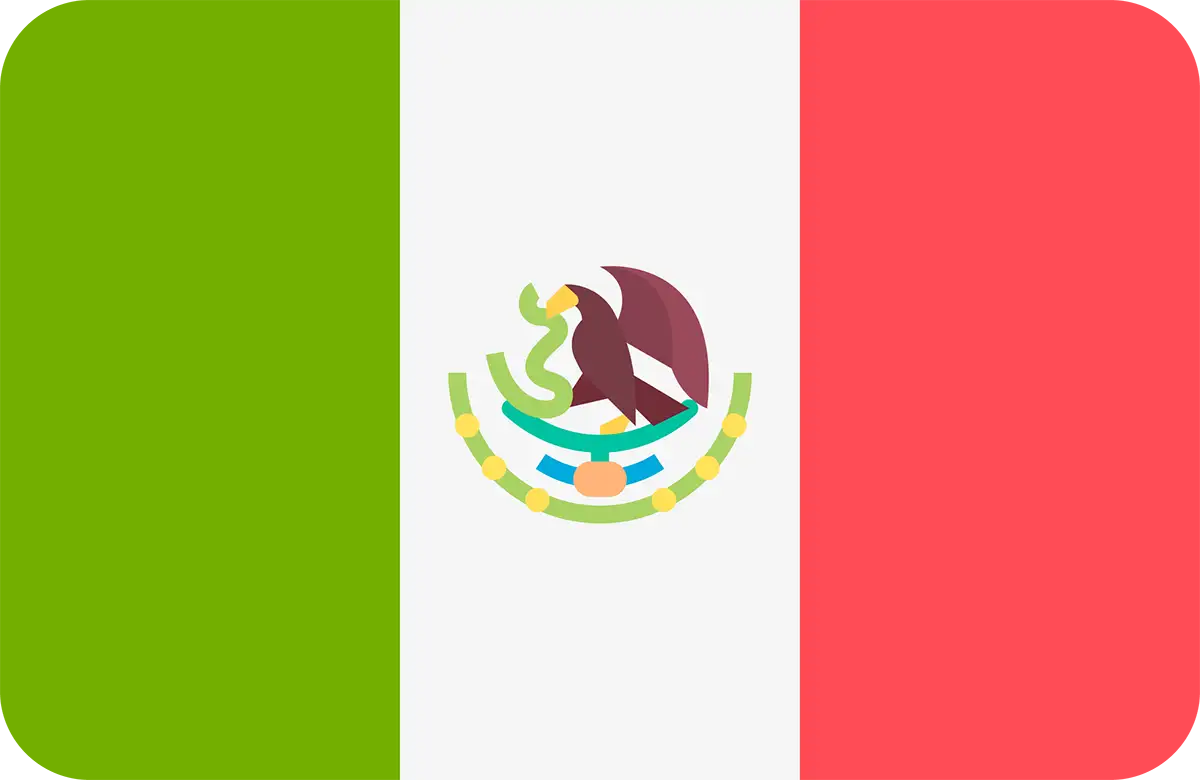DOWNLOAD STATE FACT SHEET AS PDF

In 2020, there were 97,954 live births in New Jersey2 There are 62 conditions on the New Jersey Newborn Screening Panel 3 All babies in the United States are screened for several conditions shortly after birth. Approximately 24-48 hours after a baby is born in the United States, the heel is pricked by a nurse to collect a small sample of blood. Afterwards, the nurse puts a series of blood drops onto a filter paper to create several “dried blood spots.” Next, the newborn screening card is sent to the state laboratory for analysis. New Jersey is 1 of 10 states currently testing for Krabbe
disease. New Jersey started screening for Krabbe disease in 2019.
What is Krabbe Disease?
Krabbe disease (pronounced krab A), is a rare genetic disorder, also known as globoid cell leukodystrophy. In the United States, Krabbe disease has been reported to affect approximately 1 in 100,000 individuals.1 Infantile Krabbe disease is the most common and severe form causing infants to lose the ability to eat, extreme irritability, inability to sit up, grasp objects, blindness, and seizures. Sadly, infants die within the first 2-3 years of life in states that do not test for Krabbe disease. We invite you to learn more at Understanding Krabbe Disease.
Why Screen for Krabbe Disease?
Krabbe disease is a severe neurodegenerative and rapidly progressing condition requiring immediate treatment for the most severe forms. The medical issues and symptoms of Krabbe disease are significant and life-impacting. A delayed diagnosis, especially in the most severe forms, equates to palliative and supportive care as the only means of treatment until premature death. Download New Jersey Fact Sheet
Krabbe Disease Hero: Emma Daniels

See all our Krabbe Disease Heroes.
Emma Daniels was born seemingly strong and healthy and hit every milestone with ease. Around the age of four months, Emma began to regress: she stopped smiling, could no longer support herself in a seated position, and began choking during feedings. Her parents, Ryan and Nichole, began to pursue answers and were directed to go to the hospital. After a misdiagnosis of colic, they decided to take Emma to the Children’s Hospital of Philadelphia and saw a neurologist there. It was at CHOP that they heard the word Krabbe for the first time and the world seemed to stop. The news was delivered with no silver lining, no hope, just a dead end. Ryan and Nichole were encouraged to make her comfortable until it was time for Emma to leave them. Their world came crashing down and they felt completely helpless not being able to do anything to save their child’s life. After using Google to find anything that could help her, they drove to North Carolina to see Dr. Kurtzberg; she confirmed that it was indeed Krabbe Disease and that Emma was not eligible for a transplant.
The Daniels did everything they could to ensure that Emma had the most fulfilling life possible. She loved being at the park and especially loved the swings. When they took her to the zoo, her eyes would open wide so that she could see everything. Emma loved watching Little Einsteins on the television, being in her stander, and anything that played music.
Sadly, Emma passed away in March 2012 at the age of two and a half. Her family worked to change the Newborn Screening program in New Jersey in an effort to ensure that other children and their families could have life-saving opportunities that Emma didn’t receive. Because of their efforts, New Jersey has been screening for Krabbe Disease since 2019.
Resources
- The Leukodystrophy Newborn Screening Action Network is dedicated to advancing newborn screening for leukodystrophies and lysosomal storage disorders, supporting newly-diagnosed families, and ensuring collaboration between all stakeholders. Learn more at https://ldnbs.org/.
- CDC offers funding and assistance through the Newborn Screening Quality Assurance Program (NSQAP). More information can be found at https://www.cdc.gov/labstandards/nsqap.html.
- Baby’s First Test provides funding opportunities through grants. Learn more at https://www.babysfirsttest.org/newborn-screening/funding-opportunities.
- American Public Health Laboratories NewSTEPS program provides data, technical assistance, and training. Details at https://www.newsteps.org/.
- KrabbeConnect offers patient support services to help families navigate the burden of Krabbe disease. Learn more at https://krabbeconnect.org/.
- Hunter’s Hope Foundation is a non-profit organization committed to giving hope through education, awareness, research, and family care for all leukodystrophies. Learn more at https://www.huntershope.org/.
Citations
- Wenger DA. Krabbe Disease. 2000 Jun 19 [Updated 2011 Mar 31]. In: Pagon RA, Adam MP, Ardinger HH, et
al., editors. GeneReviews® [Internet]. Seattle (WA): University of Washington, Seattle; 1993-2017. - “Fertility Rate: New Jersey, 2010-2020.” March of Dimes | PeriStats,
https://www.marchofdimes.org/peristats/data?reg=99&top=2&stop=1&lev=1&slev=4&obj=1&sreg=34.
Accessed 9 March 2023. - “New Jersey| Baby’s First Test | Newborn Screening | Baby Health.” Babysfirsttest.org, 2015,
https://www.babysfirsttest.org/newborn-screening/states/new-jersey. Accessed 9 March 2023.
All information in this fact sheet is based on data available before 9.9.2022


